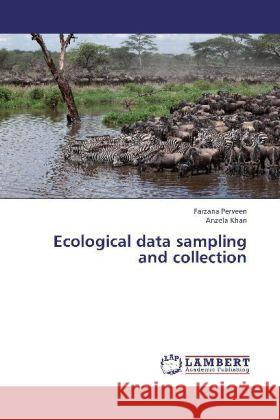Ecological data sampling and collection » książka
Ecological data sampling and collection
ISBN-13: 9783659247453 / Angielski / Miękka / 2012 / 76 str.
Biological data possess many special characteristics that make biological data management challenging. Ecological samplings are carried out over extended periods of time, with sampling taking place at regular intervals within a particular habitat. It is highly complex when compared with most other applications. Data collection methods for impact evaluation vary along a continuum. At the one end of this continuum are quantitative methods and at the other end of the continuum are qualitative methods for data collection. The choice of method is influenced by the data collection strategy, the type of variable, the accuracy required the collection point and the skill of the enumerator. The science of ecology is so broad that advances in other disciplines often directly benefit ecological research techniques include the development of biotechnology, telemetric instrumentation, satellite tracking and location systems and remote sensing technology. Computers have facilitated the use of larger data sets, as well as access to national and global data sets. Basic observations recorded with a pencil and notebook is likely to remain a major component of field ecology for the foreseeable future.











